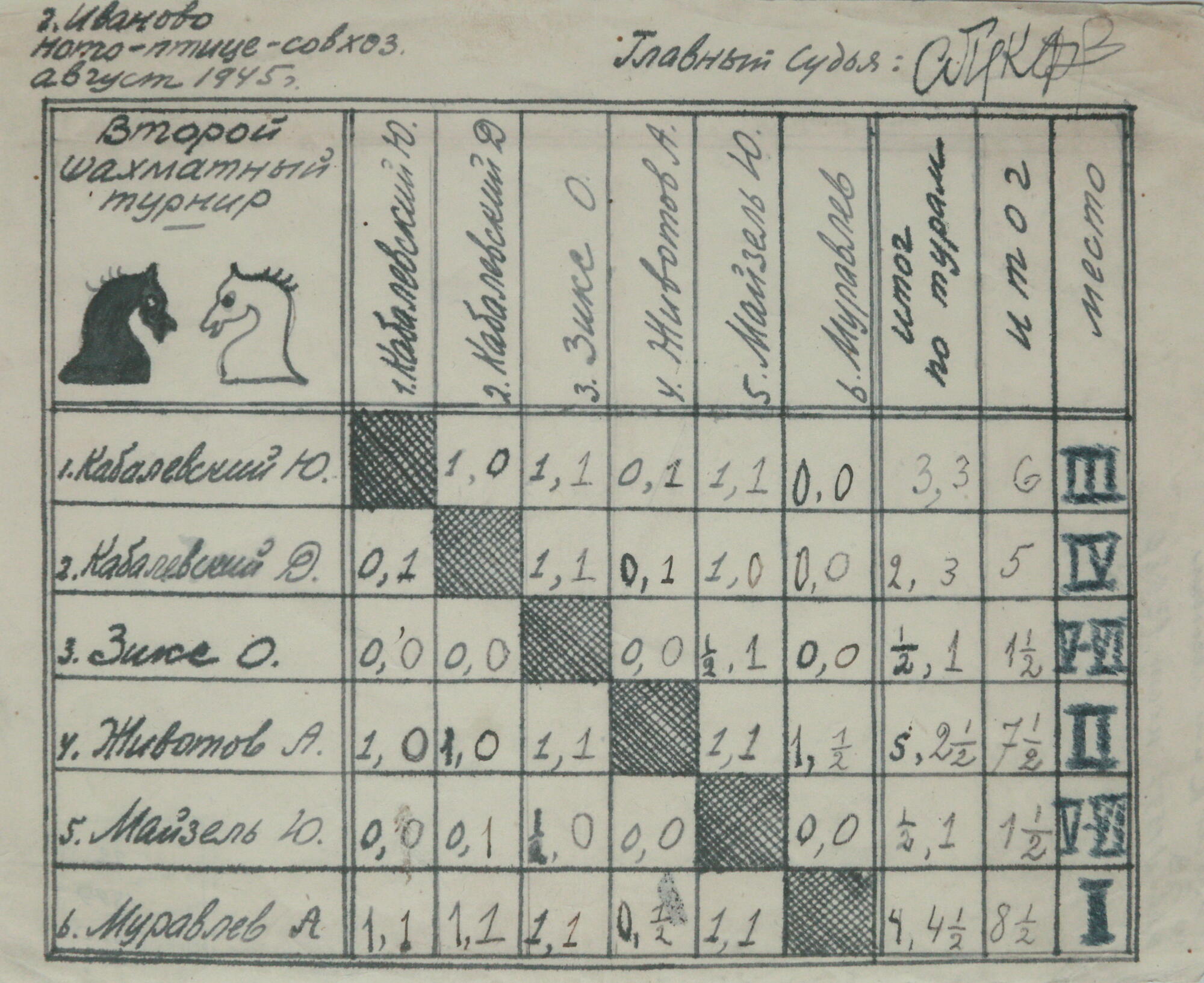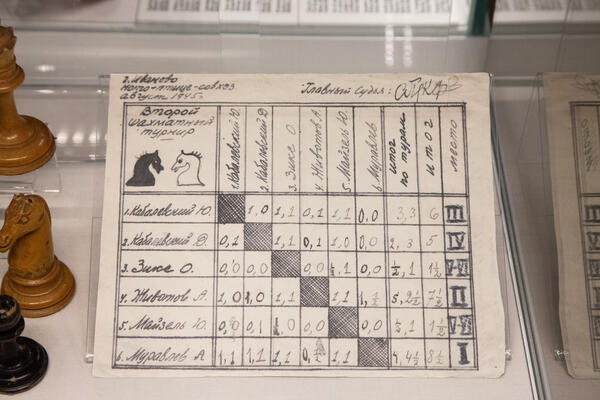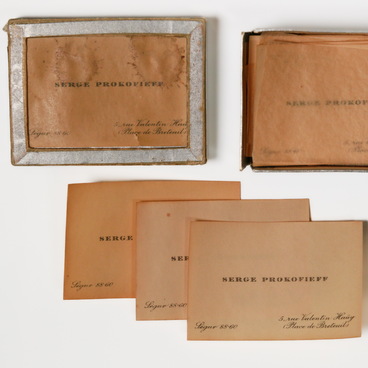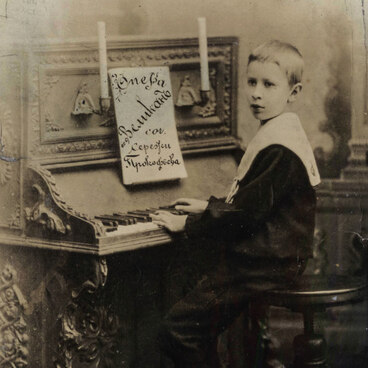Sergei Prokofiev was first introduced to chess at the age of seven and at once became fascinated with the game. He maintained his love for chess for the rest of his life, putting more time and effort only into his music. In his work, the composer was very rational: he was known for his accuracy, precision, and order. As a chess player, on the other hand, Prokofiev was a passionate fan and player who preferred to play attacking chess.
In chess, Prokofiev found the perfect means of expression as he was a true competitor and enjoyed the thrilling challenge, the speed, and the need to think several moves ahead both in life and in his art. He took great pride in defeating the Cuban grandmaster José Capablanca in 1914. Capablanca gave three simultaneous exhibitions in Saint Petersburg with Prokofiev as one of his opponents. The grandmaster won the first two games and lost the third. In his diary entry of May 15, 1914, Prokofiev gave an extensive account of his game. He mentioned that it began 1 d4 d5 2 Nf3 Bf5 3 c4 Nc6, after which Capablanca (white) stood in front of the board for two or three minutes, frowning and pulling at his hair. Prokofiev himself was thrilled beyond words at having set the champion a real problem.
In chess, Prokofiev found the perfect means of expression as he was a true competitor and enjoyed the thrilling challenge, the speed, and the need to think several moves ahead both in life and in his art. He took great pride in defeating the Cuban grandmaster José Capablanca in 1914. Capablanca gave three simultaneous exhibitions in Saint Petersburg with Prokofiev as one of his opponents. The grandmaster won the first two games and lost the third. In his diary entry of May 15, 1914, Prokofiev gave an extensive account of his game. He mentioned that it began 1 d4 d5 2 Nf3 Bf5 3 c4 Nc6, after which Capablanca (white) stood in front of the board for two or three minutes, frowning and pulling at his hair. Prokofiev himself was thrilled beyond words at having set the champion a real problem.



